When the novel coronavirus first emerged, Cubic Telecom acted fast to protect its staff and cement its customer relationships. Those moves are paying dividends now.
The company provides global mobility solutions for IoT, automotive and mobile device companies around the world, from Germany’s Volkswagen Group to US satellite communications company Kymeta.
The software innovator, which has received funding from Enterprise Ireland, today employs 150 people. It experienced particularly fast growth last year and was recruiting new team members right up until January, when the first inklings of the Covid-19 crisis emerged. When it did, the company acted swiftly.
“The senior team was very focused on getting as much information in as possible early in the Covid-19 life stage. There was a focus on human impact and economic impact. We did some very detailed analysis on the impact to the company and took the right amount of time to assess the steps that needed to be taken to ensure the sustainability of the company. Once this was done the teams could be reassured and day to day work could continue as before,” says Richard Springer, the company’s Director of Commercial Strategy.
“People have come first and this has been led from CEO level down. There have been cost reductions and tighter control of the financials but at the same time, we are still driving the business forward to make sure we come out of this period in a strong position.”
As a technology company, it helped that remote working and the use of tools such as MS Teams and Zoom were already well established in the company.
Once the scale of the crisis was assessed, all staff members were asked to work from home, with some international staff flying home to their native countries to work from there. The use of video and teleconferencing has ensured productivity has been maintained ever since.
“As restrictions started coming into place, very open communication with employees was maintained and, in the background, extensive modelling work done by looking at previous events, including Spanish Flu to SARS and MERS, in order to create very good future forecasting and cash management,” explains Springer.
Decision making was quick and efficient at the top, with the senior team participating in daily catch-ups every morning. What were previously weekly catch-ups were turned into reviews of what was happening in key markets worldwide, as well as planning for the recoveries in each.
The key to successfully managing the crisis for the company so far has been to focus on ensuring there was “over communication” with both staff and customers as both cohorts adjusted to remote working.
“That meant giving people more information, communicating at a more personal level about how their family is, for example, and ensuring there was more collaboration,” says Springer, who says that acknowledging the ‘human’ side of current events is vital. “It’s about making sure the team is okay and that everyone knows what is happening.”
Being empathetic and working to safeguard employees’ physical and mental health was paramount too, with new programmes in areas such as yoga and mindfulness introduced for staff.
Adapting to customers’ needs
Cubic Telecom has customers all over the world, which means travel has always been a staple part of its customer relationship management. Business development strategies traditionally include a presence at major international trade shows, such as CES in Las Vegas and the Mobile World Congress in Barcelona, with vital support provided by Enterprise Ireland.
With such events no longer taking place, the company quickly predicted that customer relationships would need to be maintained and developed remotely too.
“We spent the first few weeks of the lockdown focusing on customer relationships, talking to existing customers,” he says.
While nothing replaces face to face meetings, he says, by again focusing on the human side of the situation, and encouraging collaboration, these relationships are successfully being strengthened remotely.
Although a pandemic is never welcome, the fact that Cubic Telecom is by now so well recognised in its sectors internationally helps. “We are at a point where a lot of our relationships are very well established. As a business we are also still small enough to move fast, but big enough to be recognised in the industry as a player,” he explains.
International recognition
Enterprise Ireland’s backing from its earliest days led to Cubic Telecom unlocking a series of investments as it grew, including from major industry players such as Audi and Qualcomm, among others. More recent investment has come from long term backer ACT Venture Capital and the European Investment Bank.
The connected intelligence company is now acknowledged as a pioneer in eSIM technologies and advanced data analytics, offering mobility solutions for IoT, automotive and mobile device companies across the globe.
It has mobile operator partnerships in more than 190 countries, for example. One of the most recent, with Etisalat, a UAE telecoms company, was announced at an Enterprise Ireland trade mission to the Middle East.
While it is not business as usual for the company right now – too much outside its walls have changed – it is business as ‘best as possible’.
“Our employees are well informed about what is going on, our business is running as it was previously and supply chains are open and running,” he says.
As a supplier, it is critical to understand that “everyone is experiencing different impacts to their business,” he advises.
“It does not matter what size that business is, during this time everyone could be under pressure. That is the key when dealing with any business during this time. There needs to be a collaborative approach in how to get through the next months together and as much sharing of impacts, plans and information as possible to help each other.”


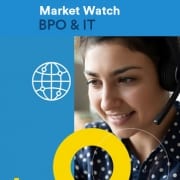





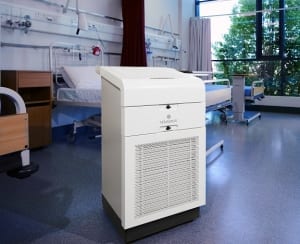



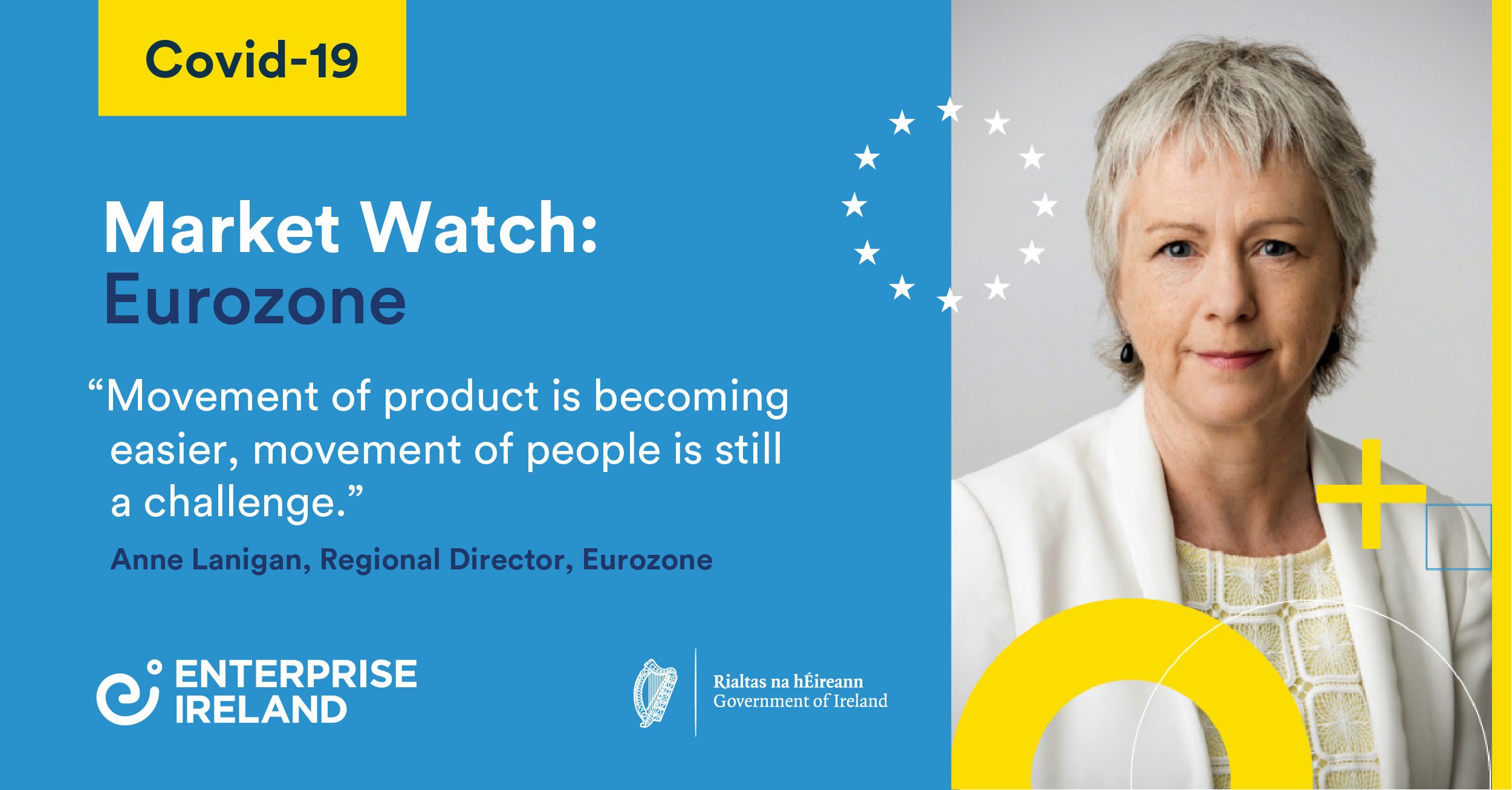


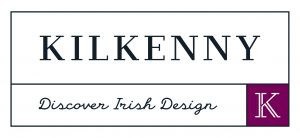



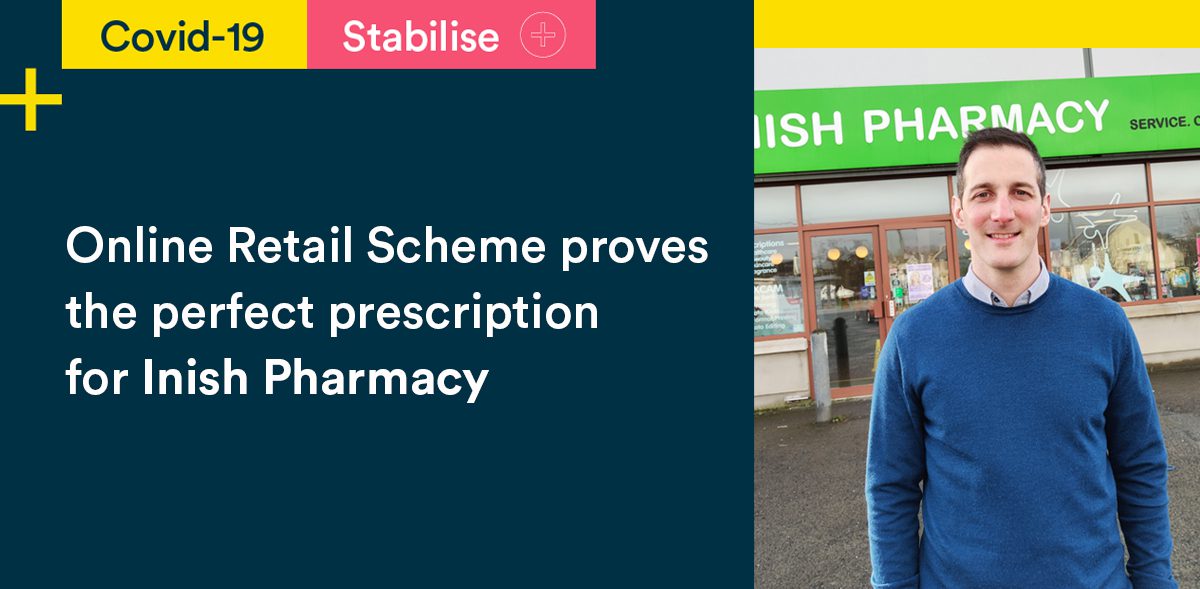



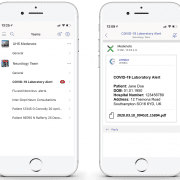
 At a time when medical staff are struggling to cope with the Coronavirus pandemic, the ability to access test results in real time is hugely beneficial. Rather than having to periodically look up results on a PC, which are limited on the ward, staff in some hospitals in the UK’s
At a time when medical staff are struggling to cope with the Coronavirus pandemic, the ability to access test results in real time is hugely beneficial. Rather than having to periodically look up results on a PC, which are limited on the ward, staff in some hospitals in the UK’s 
